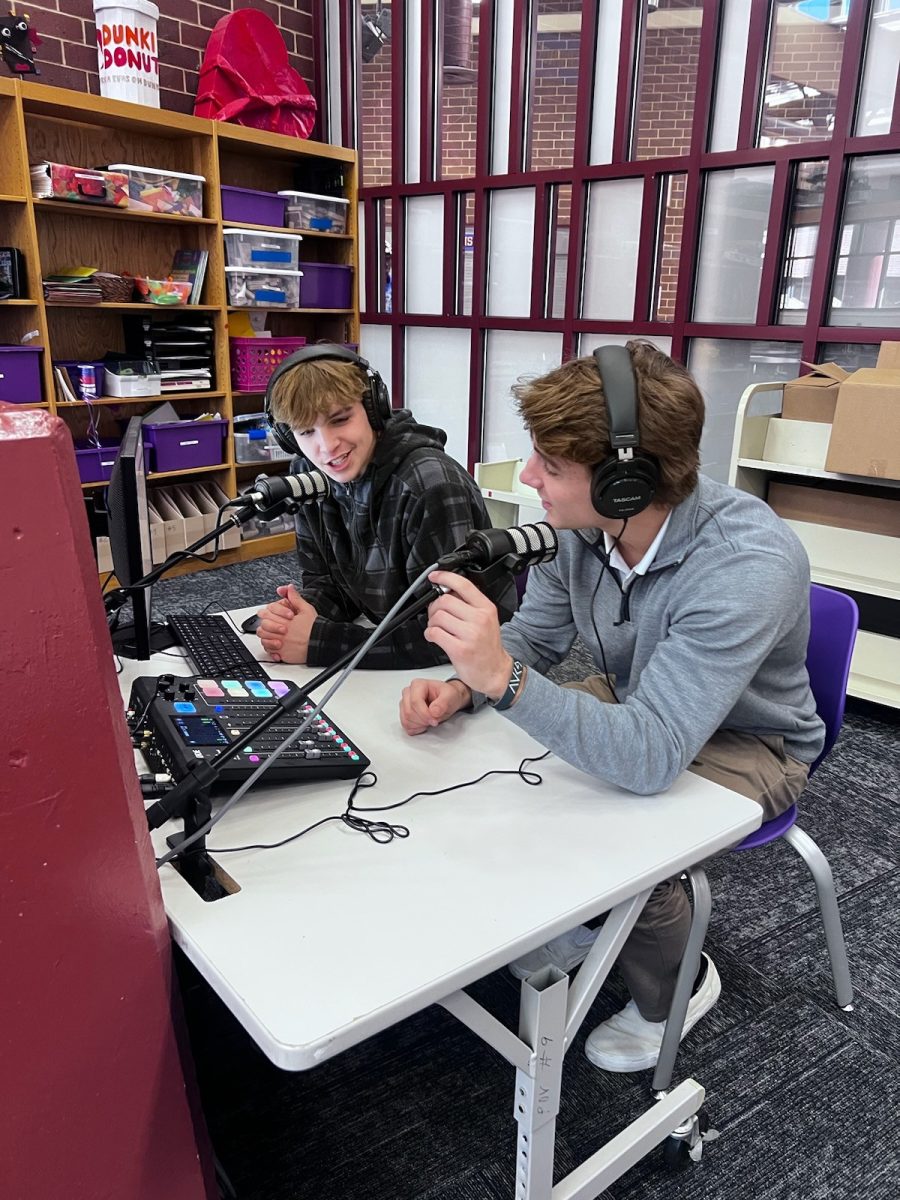“Can you read this word for me?” asked the mother as she filmed her fourth-grade daughter reading a book.
“Hamster,” the fourth grader exclaimed.
In most situations, parents are proud to see their child’s reading abilities. However, this was not the case for this mom. Instead of feeling a rush of joy as she saw that her daughter could read, the mom felt a tinge of concern as her daughter exclaimed “hamster” as she read the word “pet.”
Initially, this video made rounds on TikTok because many people found the child hilarious. However, a few hours after it was first posted, people in the comments expressed their concerns about the reading abilities of the girl and many other current primary school students.
Now, take a second to think back to when you were in elementary school, specifically fourth grade. Could you see the word “pet” and read it as “pet” or “hamster”? There is a high chance that many of you could. However, that is not the case for fourth graders now. In the comment section of that TikTok video, many stated that COVID-19 heavily impacted the reading abilities of young children in public primary schools.
In a study by the National Center for Educational Statistics, 29 states had lower reading scores in 2022 than the reading scores collected in 2019 before COVID-19 for fourth-grade students. The study demonstrates the increase in the number of students who were below the average reading performance in their respective grade levels.
For instance, look at the state of Virginia. In 2017, Virginia had 74% of fourth graders reading at above basic level. However, in 2022, only 60% of fourth graders in Virginia can read at a basic level. This shocking trend of low reading proficiency has reached other states as well. In New Mexico, only 48% of fourth graders can read at a basic level in 2022. Yes, only 48%.
Besides COVID-19 being a large contributor to the damage inflicted on children’s reading education, the usage of outdated teaching methods also contributes considerably. In a substantial number of teacher prep schools, teachers are taught to use outdated methods such as cueing, which neglects to use phonetics. This method has been repeatedly renounced by scientists because it teaches students how to memorize and regurgitate sentence structures.
Educators utilizing this method argue that it’s more important for children to understand what’s happening in the story instead of focusing on understanding a specific word. In this article, educators argued that if a child mistook the word “horse” for “house” the teacher would correct them. But if they mistake the word “horse” for “pony” the teacher wouldn’t correct them because they are “technically” correct.
Though horses and ponies can look the same, they aren’t the same. And this fact should be told to further educate the students. This is just one example of how using outdated methods like these can stifle the education of children. Keeping simple information like this away from the students can impact their ability to read negatively in the future.
The effects of online school and inefficient reading methods taught to young children have shown their impact on their reading levels. This has caused students to be held back from going to higher grade levels and falling behind grade-level reading requirements. Not only does this hinder their future academic experiences, but this fall-back could lead to problems that could be harmful to their careers as well.







